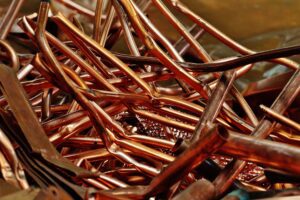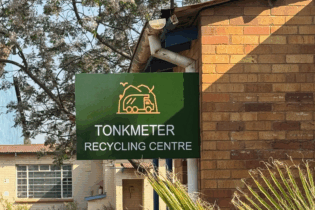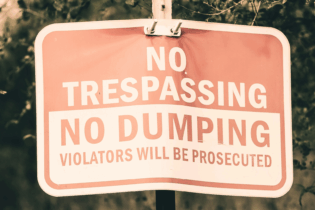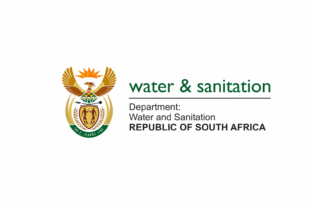The annual cost of copper and scrap metal theft to the economy was estimated at about R47bn a year, and has amplified both loadshedding and the disruption of freight and passenger rail services.
This is according to the Minister of Trade, Industry and Competition, Ebrahim Patel. Patel The South African government has thus imposed a six-month ban on the export of copper and copper-alloy scrap, as well as most ferrous scrap as part of the first phase of a three-phase intervention designed to combat the rampant theft of metals used in public infrastructure. Patel reports that the temporary prohibition of exports is effective from the publication of a Government Gazette on November 30 but says transitional arrangements have been included to allow for exports approved ahead of the ban. The temporary prohibition was approved by Cabinet earlier in the month and follows a comment period on a draft policy outlining possible restrictions on the export of ferrous and non-ferrous scrap published on August 5. More than 2 800 comments were received on the draft policy, which Patel says were considered prior to the finalisation of the new policy, which primarily seeks to dampen demand for stolen metals. Phase 1 Other measures were also announced on Wednesday, including a planned licensing system for copper trading, which will be launched in six months. Amendments to existing legislation, such as prohibiting the use of cash in transactions involving waste or scrap metal will be gazetted. Buyers must show an electronic banking record for the scrap metal they possess. Intended sellers of copper waste and scrap metal must also be registered. Applicants will have to show relevant tax clearance and must submit purchase and sales information on a centralised database to be able to trade. “Only registered buyers will be able to purchase from registered sellers,” Patel said at a briefing in Cape Town. Similar measures are in place for ferrous metals (that contain iron) and other metals – but exceptions would apply for stainless steel by-products and aluminium. Police searches will be directed to logistics and distribution networks like ports so that they can disrupt criminal syndicates, Patel said.Phase 2
During Phase 2, a licensing system will be put in place for all copper trading in South Africa and sellers of copper waste and scrap metal will need to register under the Second-Hand Goods Act (SHGA), once amended to cater to the policy change. To register, applicants will need to show a tax-clearance certificate and dealers will be required to submit detailed purchase and sales information to a centralised database. Registered buyers of copper scrap will also only be allowed to purchase from registered sellers. It is envisaged that waste pickers will be exempt from the requirement to register under the SHGA, which will allow such individuals to sell all non-copper metals. In addition, registered dealers will be able to purchase non-copper metals from incidental unregistered sellers. Phase 3 During Phase 3, government will consider amendments to existing legislation, or the passing of new legislation, to create a dedicated metal trading licensing regime. Individuals and entities may also be blacklisted from government contracts if they have contravened metal trading regulations. Patel says the new regime attempts to strike a balance between the needs of the overall economy and society relative to those of firms and individuals whose commercial interest will be negatively affected. Public Enterprises Minister, Pravin Gordhan has welcomed the intervention, reporting that while Transnet has reported a 30% improvement in copper-cable theft for the year to November relative to the corresponding period in 2021, it has still lost 742 km of cable to theft and the utility has lost R700-million in revenue on the coal corridor alone as a result.






